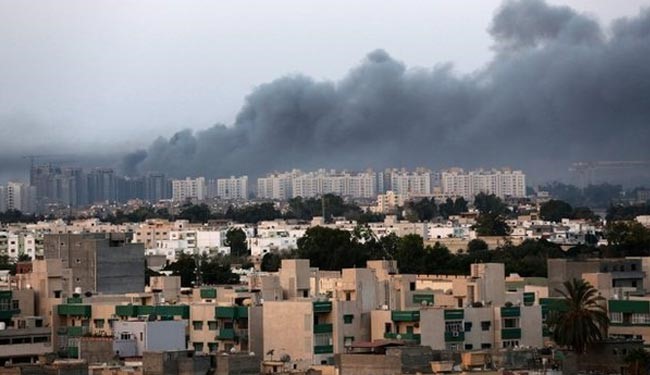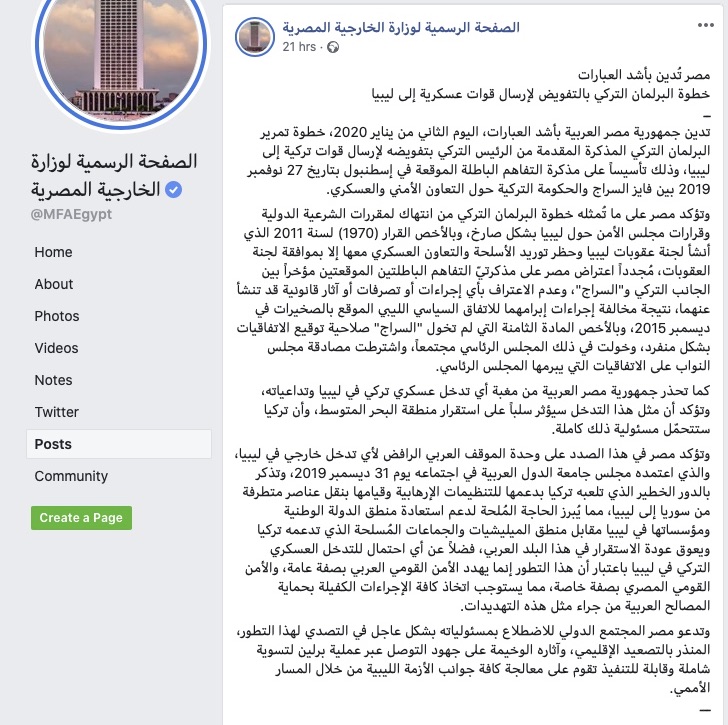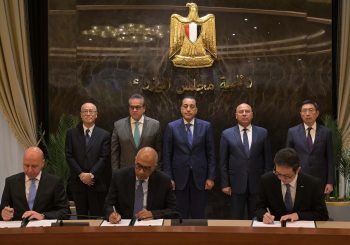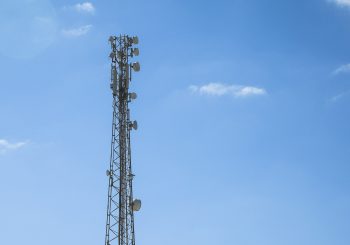
Update: On Thursday January 2nd, 2020, Turkish Parliament voted 325-184 to grant the government a one-year mandate to conduct military operations and deploy troops in Libya, according to France 24. In a statement by the Ministry of Foreign Affairs released soon after, Egypt condemned the move by Turkish Parliament to authorize military operations in Libya, calling it a “blatant” violation of international law.

The Turkish government is seeking parliamentary approval to send troops to Libya, according to a statement by President Recep Tayyip Erdogan, Bloomberg reports. The government has submitted a bill to grant the government a one-year mandate to conduct military operations in Libya and will be debated this Thursday by Turkish Parliament.
The proposal would allow Turkey to deploy non-combatant troops to Libya to advise and support the Government of National Accord’s (GNA) forces in Tripoli. However, according to a senior Turkish official who spoke to Bloomberg last week, Turkey plans to send its navy to the Libyan capital to support the UN-backed GNA in its conflict against the Libyan National Army (LNA), led by Field Marshal Khalifa Haftar.
The “limit, extent, amount and timing” of the military operation will be determined by President Erdogan, according to the bill, which is largely expected to pass in Parliament, where the ruling Justice and Development Party and the Nationalist Movement Party, which both support the move, hold a majority of the seats.
President Erdogan’s government argues that the move is necessary to protect Turkey’s interests in the war-torn country and claims that GNA Prime Minister Fayez Al Sarraj has requested Turkish support.
The Conflict Between the GNA and the LNA
The GNA, otherwise known as the Tripoli government and led by Prime Minister Sarraj, is the internationally recognized executive authority in Libya formed in 2016 in accordance with the 2015 Libyan Political Agreement, a UN-brokered deal. The GNA is backed by Turkey and, allegedly, Qatar, and its military wing consists of the Libyan Army and a number of local militias.
The LNA, led by Haftar, is a faction of the Libyan Armed Forces that opposes the GNA and controls territories in the eastern and southern regions in the country. Largely considered loyal to the Tobruk-based House of Representatives, commonly referred to as the Tobruk Government, the LNA launched a military campaign against armed Islamists in Benghazi in 2014 in what became known as Operation Dignity.
The LNA, which describes itself as an anti-islamist group, is backed by Egypt, the United Arab Emirates, and, allegedly, Saudi Arabia, Russia, France, and Jordan, among others.
Reconciliation attempts led by the UN and the international community have all failed. Earlier this year, Haftar, who accuses the GNA of receiving support from terrorists, launched Operation Flood of Dignity and mobilized the LNA and other allied forces to capture Tripoli and the rest of Western Libya. The fighting has been ongoing since April of 2019 and both sides have been accused of committing human rights violations and war crimes.
What Are Turkey’s Interests in Libya?
Earlier this month, Turkey and the GNA signed an agreement on maritime boundaries in the eastern Mediterranean, as part of a larger military cooperation treaty. French President Emmanuel Macron and his Egyptian counterpart Abdel Fattah Al Sisi have both decried it, saying it violates international maritime law. Other critics fear the deal with the GNA would also expand Turkey’s territorial claims, France 24 reports.
“As a result of that bilateral agreement, Turkey is laying claim to a huge chunk of the eastern Mediterranean—an area that includes large reservoirs of natural gas that Egypt, Israel, Cyprus, and even Lebanon are racing to exploit,” Foreign Policy global geoeconomics correspondent Keith Johnson writes.
Turkey is one of Libya’s main trade partners, as per a report by the Turkish government. According to Sky News Arabia, Turkish investments in Libya amount to $28.9 billion. Some analysts believe the recent rapprochement between Erdogan’s government and the GNA is aimed at salvaging Turkish investments struggling due to the conflict in Libya.
Where Does Egypt Stand?
Egypt is believed to be the most influential regional player in Libya due to its geographical proximity. In a statement to local media last week, President Sisi said, “we will not allow anyone to think that they can control Libya and Sudan,” adding that the Egyptian government will continue to back the LNA.
Following Turkey’s declaration, Egypt called for an emergency meeting of the Arab League, which convened today in Cairo to discuss the latest developments in Libya, according to France 24.






Comments (5)
[…] announced today the Cairo Declaration, a new peace plan to restore stability in Libya following months of armed conflict between the Government of National Accord (GNA) and the Libyan National Army (LNA), Al Ahram […]
[…] announced today the Cairo Declaration, a new peace plan to restore stability in Libya following months of armed conflict between the Government of National Accord (GNA) and the Libyan National Army (LNA), Al Ahram […]